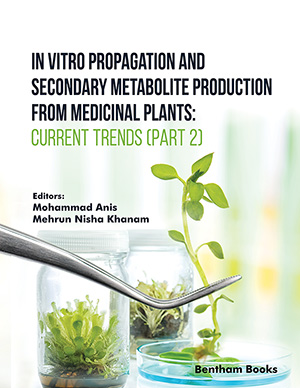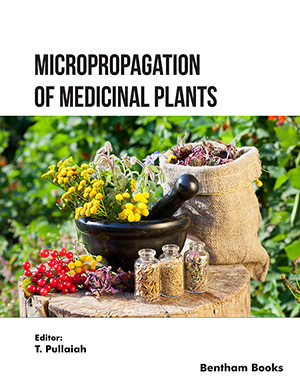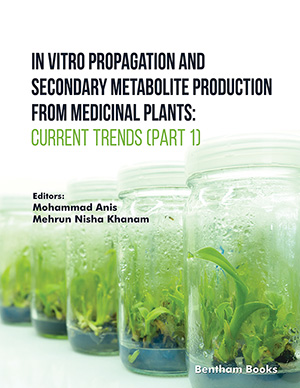Abstract
The aim of this study was to prepare PCADK/PLGA-blend microspheres for improving the stability of human immunoglobulin G (IgG). The short half-life of antibodies limit their development as therapeutic agents, thus PLGA microspheres were prepared to sustained release antibodies and prolong their half-life. However, the acidic intra-microsphere environment causes the loss of antibody stability and activity. In this study, the effect of PCADK or PLGA degradation products on IgG was investigated by size exclusion chromatography (SEC-HPLC), circular dichroism (CD), fluorescence spectroscopy and antigenicity detection. The degradation products of PCADK exerted a larger influence on IgG than that of PLGA. Then PCADK/PLGA microspheres were prepared by the emulsionsolvent evaporation method and systematically characterized and 20% PCADK were selected as the optimal proportion. In addition, the release profile of microspheres and the stability of the released IgG were investigated. The stability of the IgG released from the PCADK/PLGA microspheres was better than that of IgG released from the PLGA microspheres. Confocal laser scanning microscopy (CLSM) was used to determine the pH inside the microspheres. The IgG-loaded PCADK/PLGA microspheres have important advantages over the PLGA microspheres in terms of IgG stability and could be a good carrier to deliver antibodies for the treatment of disease.
Keywords: Immunoglobulin G, microspheres, PCADK, PLGA, stabilization.





























